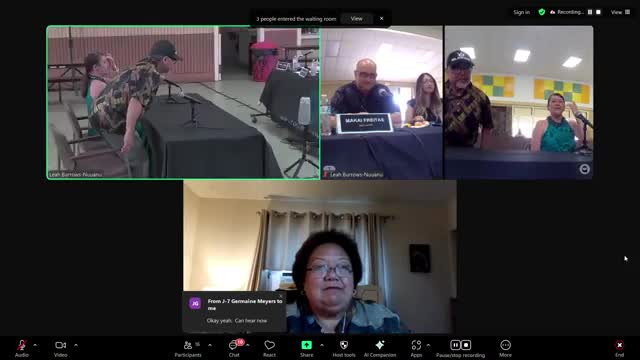Article not found
This article is no longer available. But don't worry—we've gathered other articles that discuss the same topic.
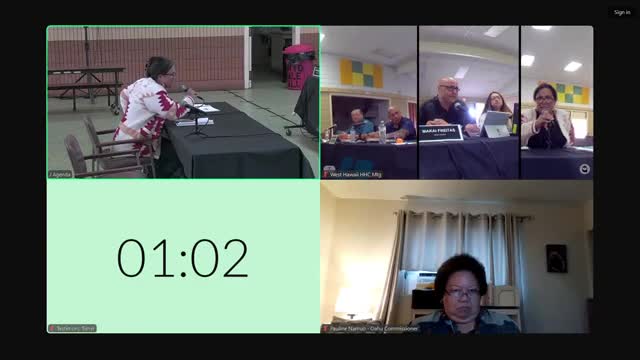
Beneficiaries urge DHHL action on chronic water shortage at Honokaiʻa; request targeted task force
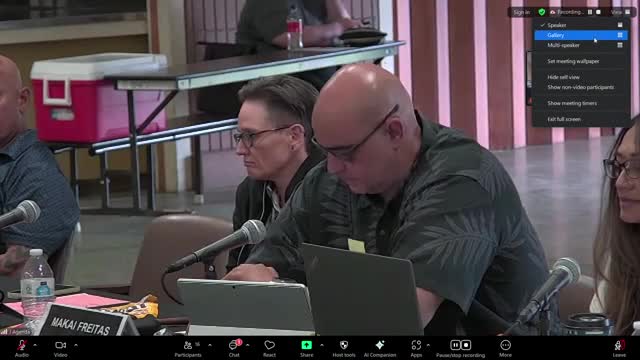
Kauai residents warn DHHL/HUD plan may force essential workers off-island if relocation not revised
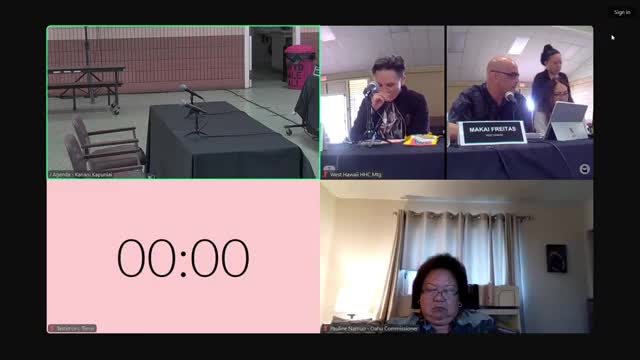
Beneficiaries accuse DHHL of deviating from Act 279 plan, say millions spent with few lots delivered
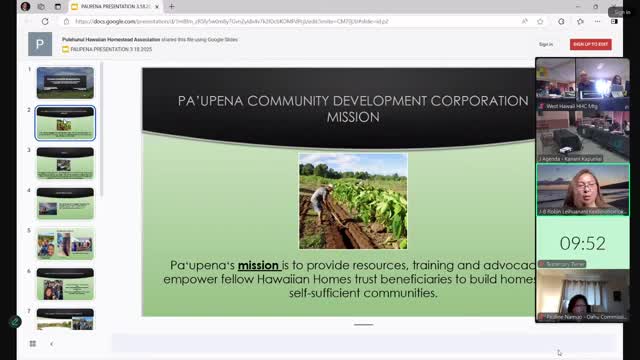
Maui beneficiaries report archaeology work and trespass at Pulehunui; request right‑of‑entry updates
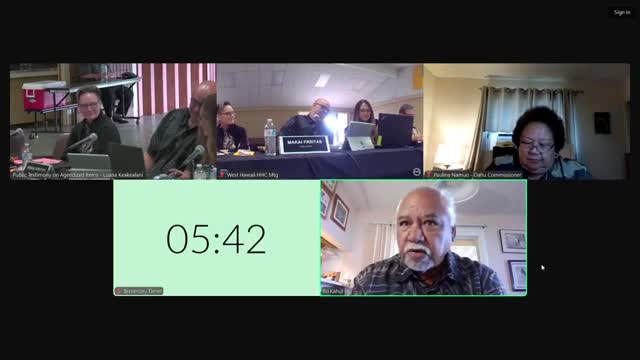
West Hawaii beneficiaries push DHHL to fund community projects, health center and infrastructure
